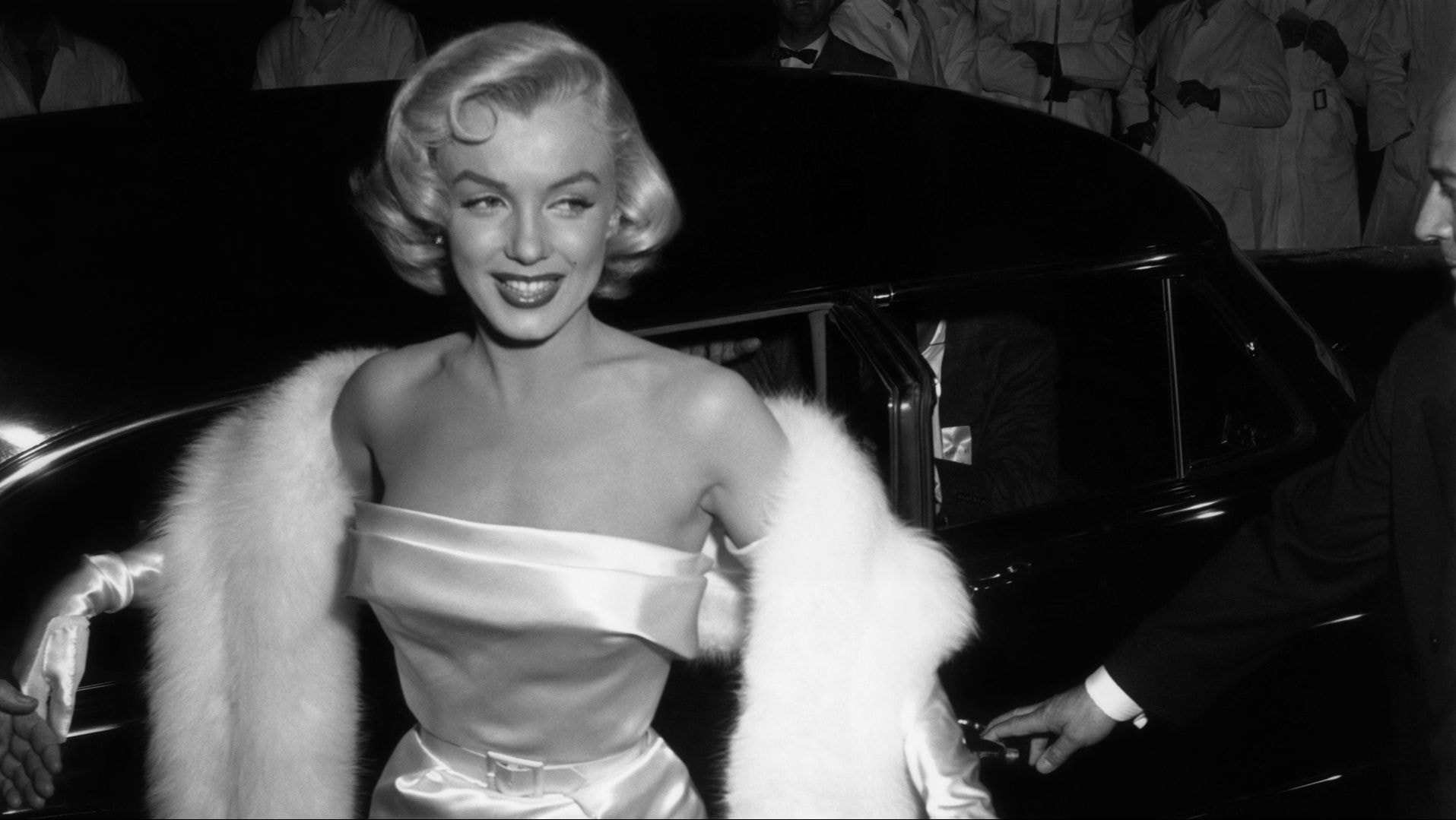By Tunku Sophia
Picture: Blonde/Netflix
Living a public life, when undertaken sincerely, proves harmful to oneself yet advantageous for others.
Let me back up.
Imagine meeting your idol, only to realize they're weirded out by their own fame. That's what happened to philosopher Robert Pirsig when he encountered actor Robert Redford. Pirsig's experience highlights a key paradox of fame: it can leave you feeling isolated and misunderstood, despite being constantly in the public eye.
Pirsig argues that fame fractures you into a million pieces, each reflecting a different version of yourself in the eyes of others. You crave the approval of these reflections to feel whole, but these reflections are just mirrors, and mirrors can distort. They can inflate your ego or magnify your insecurities. The pressure to constantly perform a certain image for the public can leave you feeling alienated from your authentic self.
He compares the allure of fame to a dopamine rush, addictive but ultimately meaningless. Celebrities like Kanye West, Britney Spears, and Miley Cyrus all chased the highs of fame and fortune, but their stories expose a dark side. The relentless pursuit of external validation can come at the expense of inner peace and stability.
Pirsig took a radical step to protect his work from the distorting effects of fame. He refused to let Redford make a movie based on his book, fearing that a Hollywood adaptation would prioritize entertainment over the intellectual depth of his ideas. In his view, a movie would be a vehicle for celebrity worship, rather than a medium for serious exploration of philosophical concepts.
Social media exacerbates this struggle for authenticity in the age of fame. We're all celebrities now, at least on our own social media platforms. We curate our online personas, constantly performing versions of ourselves that we think will garner the most "likes" and followers. Author David Foster Wallace captures this struggle perfectly in his writing: he describes spending his life crafting an image for approval, never truly experiencing life for himself. Social media can become a hall of mirrors, filled with distorted reflections that never quite capture the complexities of our true selves.
So, is living a private life the answer? Philosopher John Stuart Mill argues otherwise. He emphasizes the importance of life experiments as a way to discover new truths. By sharing our experiences, both successes and failures, we can contribute to a collective pool of knowledge from which everyone can benefit. We learn from each other's struggles and triumphs, fostering a sense of connection and shared humanity.
There's a weird paradox here, however. We crave connection, but social media, with its carefully curated feeds and highlight reels, can often feel fake and inauthentic. People create "finstas" (fake Instagrams) to escape the pressure to perform on their main accounts! Isn't this a sign that something is fundamentally broken in the way we use social media?
But here's the thing: ideas need popularity to spread. Alain de Botton, a philosopher known for his explorations of love and happiness, argues that popularity validates an idea. Think about it - complex philosophical ideas might not hold our attention for long, but celebrity gossip or the latest fashion trends can spread like wildfire. De Botton suggests that we should focus on understanding how ideas become popular, so that important truths can be embraced with the same enthusiasm as the latest celebrity fads.
So, the trade-off is stark: do we prioritize a rich inner life or focus on influencing the world with our ideas? But here's the kicker: if good ideas don't spread, bad ones will. Pirsig himself wrestled with this. He refused a movie deal to protect the integrity of his work, but later lamented that his ideas weren't reaching a wider audience.
There's no easy answer. Maybe the key is finding balance. Share your experiences and ideas authentically, but don't get caught up in the game of chasing likes and followers. Pursue your passions and cultivate a meaningful inner life, but also connect with others and contribute to the world around you. After all, a life well-lived is a beautiful reflection, not a distorted one, radiating authenticity and truth to those around you.

